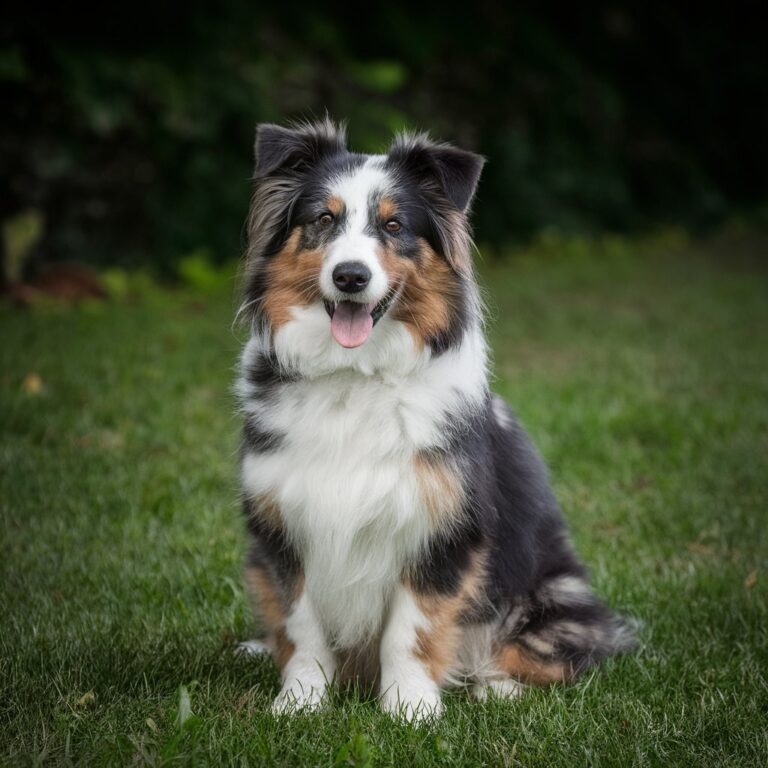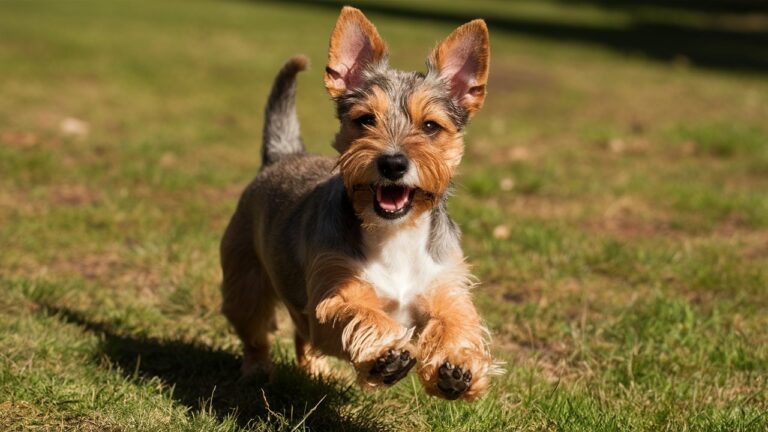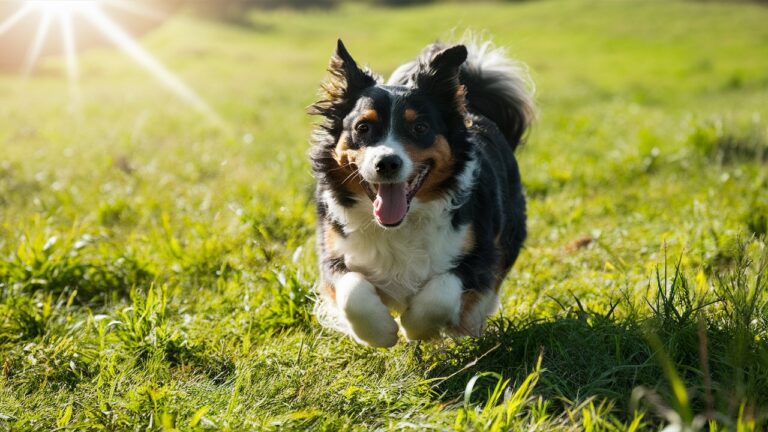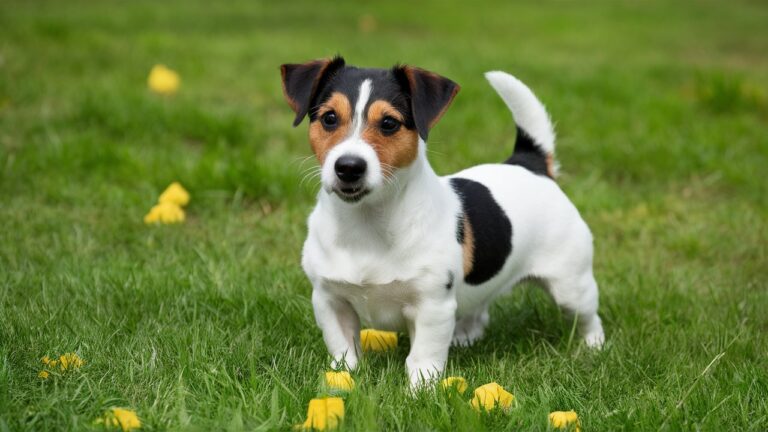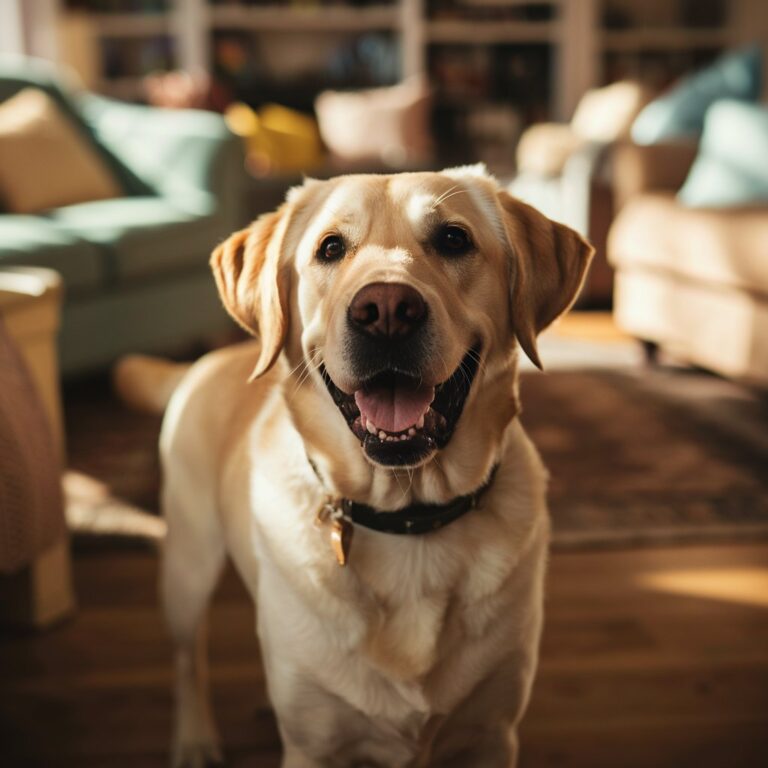Dachshund Puppies: A Comprehensive Guide to Raising the Perfect Companion
Dachshunds, affectionately known as “wiener dogs,” are a popular breed known for their distinctive long bodies, short legs, and charismatic personalities. Originally bred for hunting badgers, these small dogs are now beloved family pets worldwide. Raising a Dachshund puppy can be a joyful and rewarding experience, but it also comes with its own set of challenges. In this comprehensive guide, we’ll explore everything you need to know about Dachshund puppies, from choosing the right one to training and care tips. We’ll also share personal anecdotes to give you a better understanding of life with these delightful pups.
Choosing Your Dachshund Puppy

When selecting a Dachshund puppy, it’s essential to consider several factors to ensure you bring home a healthy and happy pup that fits well with your lifestyle.
1. Finding a Reputable Breeder
A responsible breeder is critical to the health and temperament of your puppy. Look for breeders who:
- Perform health screenings on their breeding dogs.
- Provide a clean and caring environment for the puppies.
- Offer transparency about the puppy’s health and lineage.
- Allow you to meet the puppy’s parents and siblings.
Anecdote: When I was looking for my Dachshund puppy, I visited several breeders. The one I chose stood out because of the obvious care and love they had for their dogs. They invited me to see the parents and answered all my questions patiently, ensuring I felt confident about my decision.
2. Considering Different Dachshund Types
Dachshunds come in three coat varieties: smooth, long-haired, and wire-haired. Each type has its own grooming needs and personality traits.
- Smooth Coat: Low maintenance with minimal shedding.
- Long-Haired: Requires regular grooming but has a calm and friendly demeanor.
- Wire-Haired: Needs regular trimming and tends to have a more energetic personality.
3. Assessing Health and Temperament
Ensure your puppy appears healthy and alert. Look for signs of good health, such as clear eyes, clean ears, and a shiny coat. Spend time interacting with the puppy to gauge its temperament. A well-socialized puppy should be curious and friendly.
Preparing for Your Dachshund Puppy
Bringing a new puppy home requires preparation to create a safe and welcoming environment.
1. Puppy-Proofing Your Home
Dachshund puppies are curious and love to explore. Ensure your home is safe by:
- Removing hazardous items they could chew or swallow.
- Securing loose wires and cables.
- Blocking off areas that are unsafe or off-limits.
2. Essential Supplies
Stock up on necessary supplies, including:
- Crate: For training and providing a safe space.
- Bedding: Comfortable and washable.
- Food and Water Bowls: Stainless steel or ceramic preferred.
- Toys: Chew toys and interactive toys to keep them engaged.
- Collar and Leash: Adjustable collar and a sturdy leash for walks.
- Grooming Tools: Brush, nail clippers, and dog shampoo.
Anecdote: When I brought my Dachshund puppy, Max, home, I had a checklist of supplies. Despite my preparations, Max managed to find and chew on my favorite pair of shoes within the first hour. Lesson learned: never underestimate a Dachshund’s curiosity!
Training Your Dachshund Puppy
Training is crucial for any puppy, but Dachshunds, with their independent and sometimes stubborn nature, require consistent and patient training.
1. Housebreaking
Housebreaking your Dachshund puppy can be challenging, but consistency is key. Establish a routine by taking your puppy outside frequently, especially after meals and naps. Use positive reinforcement, such as treats and praise, when they eliminate outside.
Anecdote: Housebreaking Max was a test of patience. There were plenty of accidents in the beginning, but with consistent effort and celebrating every success, he eventually got the hang of it. Now, he’s fully house-trained and even lets me know when he needs to go outside.
2. Basic Commands
Teaching basic commands like “sit,” “stay,” “come,” and “down” helps establish good behavior and strengthens your bond. Use positive reinforcement techniques, such as treats and affection, to encourage obedience.
3. Socialization
Expose your puppy to different environments, people, and other animals to ensure they become well-adjusted and confident. Socialization is critical during the first few months of life.
Anecdote: I made sure to take Max to puppy socialization classes. He met various dogs and people, which helped him become more confident and less anxious in new situations. Now, he’s a social butterfly who loves meeting new friends.
Caring for Your Dachshund Puppy
Proper care ensures your Dachshund puppy grows into a healthy and happy adult dog.
1. Nutrition
Feed your Dachshund puppy a high-quality, balanced diet appropriate for their age and size. Consult your veterinarian for recommendations on the best food and feeding schedule.
2. Exercise
While Dachshunds are small, they are active dogs that need regular exercise. Provide daily walks and playtime to keep them physically and mentally stimulated.
Anecdote: Max loves his daily walks around the neighborhood. Despite his short legs, he has a lot of energy and enjoys exploring every corner. These walks are also a great way for us to bond.
3. Grooming
Grooming needs vary depending on the coat type:
- Smooth Coat: Weekly brushing to remove loose hair.
- Long-Haired: Regular brushing to prevent tangles and matting.
- Wire-Haired: Regular brushing and occasional trimming.
4. Health Care
Regular vet check-ups are essential for vaccinations, parasite prevention, and overall health monitoring. Dachshunds are prone to specific health issues, such as back problems due to their long spine. Maintain a healthy weight and avoid activities that strain their back.
Anecdote: During one of Max’s vet visits, the veterinarian emphasized the importance of preventing obesity to protect Max’s back. Since then, I’ve been diligent about his diet and exercise, ensuring he stays fit and healthy.

Building a Strong Bond with Your Dachshund Puppy
A strong bond with your puppy is built on trust, love, and understanding.
1. Spending Quality Time
Dedicate time each day to play, train, and cuddle with your puppy. This strengthens your bond and helps your puppy feel secure and loved.
2. Understanding Their Personality
Dachshunds are known for their unique personalities. Some can be bold and adventurous, while others might be more reserved. Take the time to understand your puppy’s individual traits and cater to their needs accordingly.
Anecdote: Max has a big personality. He’s adventurous and loves exploring, but he also has a cuddly side. Understanding his quirks has helped me create a routine that keeps him happy and content.
3. Positive Reinforcement
Use positive reinforcement to encourage good behavior. Reward your puppy with treats, praise, and affection when they follow commands or behave well.
4. Patience and Consistency
Raising a Dachshund puppy requires patience and consistency. There will be challenges, but staying patient and consistent in your training and care will lead to a well-behaved and happy dog.

Conclusion
Raising a Dachshund puppy can be an incredibly rewarding experience. These charming, energetic, and affectionate dogs bring immense joy to their owners. By choosing the right puppy, preparing your home, and providing proper training and care, you can ensure your Dachshund grows into a healthy, well-behaved, and loving companion.
Personal anecdotes from Dachshund owners highlight the unique experiences and deep bonds that come with raising these delightful dogs. Whether you’re drawn to their distinctive appearance, spirited personality, or loving nature, a Dachshund puppy can be a wonderful addition to your family.
As you embark on this journey, remember that patience, consistency, and love are key to raising a happy and well-adjusted Dachshund. Enjoy the adventure and cherish the moments with your new furry friend.

